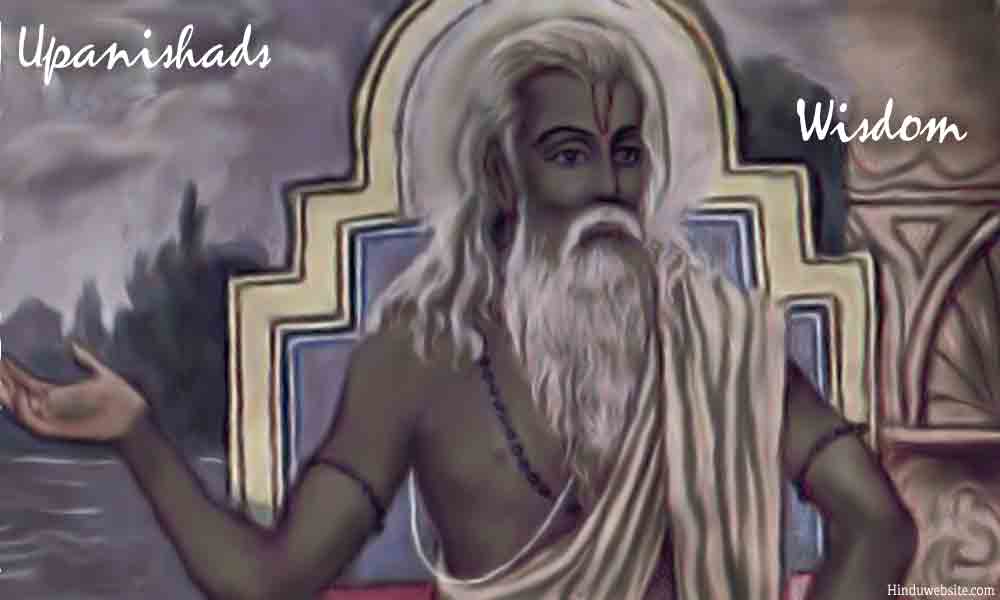

In response to the query of Bhrugu Varuna tells that Brahman is that from which all beings are born, by which all beings continue to be and that by which all beings gets consummated. The introspection of the sensations to find their roots takes them to the ocean of sensibilities. The awareness of Brahman is necessary to tune the processing for remaining established in Brahman. They provide the equipment for the processing of inputs. While remaining in the manifested universe Brahman is to be realized by a virile being by the processing of the sensations intelligently.īhrugu approach his father Varuna and requests him: ‘Get me established in the effulgence of Brahman.’ Varuna starts with the statement that nourishment, vitality, the faculty for enlightenment, the faculty for receiving the messages from the environment, mind and speech are the tangible manifestations of Brahman. Sensibility is the cause and sensation is the effect.

The sensations are there because of the sensibilities. Bhrugu epitomizes the crackling sound of the fire of sensations experienced by a virile being in the manifested universe. Varuna is the overlord of this intoxication, this ocean of sensibilities. When the melting is total the seer finds himself in an ocean of sensibilities. In this process of attachment both the seer as well as the object seen loses their character to some extent and melts to fuse together.

The sense organs are intoxicated by their contact with the objects of the universe. The open sky gets tainted when it is imprisoned in a closed room. The pristine purity of universal principles gets affected by the toxicity of empirical applications. Varuna is the presiding deity of sensibilities. Yato vaa imaani bhootaani jaayante yena jaytaani jeevanti This theme is dealt through the transactions between Bhrugu and Varuna.īhrugurvai vaarunih varunam pitaramupasasaaraĪdheehi bhagao brahmeti tasmaa etatprovavachaĪnnam praanam chakshuh shtrotram mano vaachamiti

It has to be an expression of the timeless present moment. It has to be a lively experience here and now. If Brahman is a sanatana principle it is not something that is to be experienced in the future, or something that exists in the memories of past. The second chapter dealt with the organized manifestation of Brahman and the evolution to total belonging pursuing the bliss of Brahman. The third chapter of Taittiriya Upanishad commences with the same prayer of the teacher and student as the one with which the second chapter ended.


 0 kommentar(er)
0 kommentar(er)
